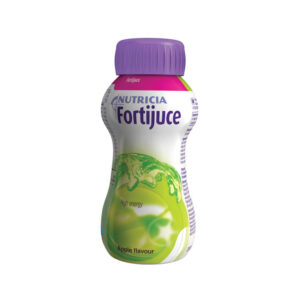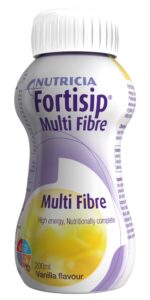Frailty & Malnutrition
A healthy, nutritionally balanced diet is important throughout our lives, but as we age or become unwell it can be difficult to achieve the optimal nutrition we need. When the body doesn’t get enough energy, protein and other nutrients it can become malnourished. Common consequences of malnutrition include a greater chance of infection, weakness/fatigue, decreased bone strength, slower wound healing and even impaired functioning of the heart, lungs and gastrointestinal (GI) system.
The role of nutrition in frailty
Disease-related malnutrition can lead to loss of muscle mass, which reduces body strength and walking speed. This is a state known as ‘frailty’. This in turn reduces a patient’s overall activity and energy levels. The vicious circle of reduced energy leading to more restrictions of physical activity can eventually lead to a loss of independence. Frail patients need extra medical attention in order to reduce the risk of them becoming dependent on others and to stay as independent as possible for as long as possible. Patients typically enter a spiral of decline in which inadequate nutrition leads to muscle weakness, increasing frailty and risk of costly injury (falls, etc.) and disability. Frailty is a medical condition that affects both the brain and the body, and can leave older patients vulnerable, both immediately and in the future. With little strength left in reserve, frail patients often have a low resistance to even the most minor of illnesses, meaning something like a urinary tract infection can result in a greater risk of the onset of disability or even institutionalisation. Providing healthy and balanced nutrition to patients is key for their overall care.
Patient stories
Learn more about how nutritional supplementation has affected the lives of one couple in the UK.
Physical frailty
Related Products

Fortisip Compact Protein

Fortisip

Fortijuce

Fortisip Multi Fibre
References
- Morley JE, et al. Frailty Consensus: a call to action. JAMDA 14 (2013): 392 397.
